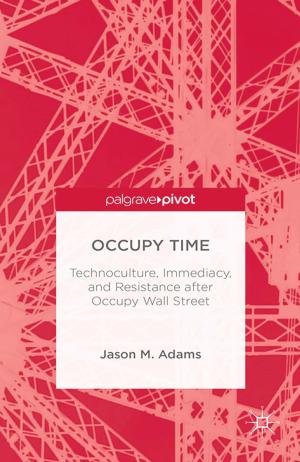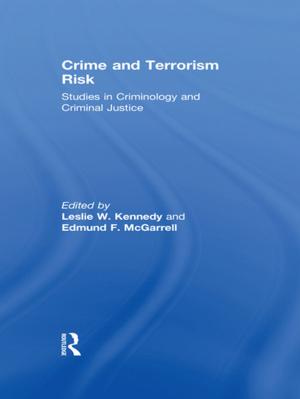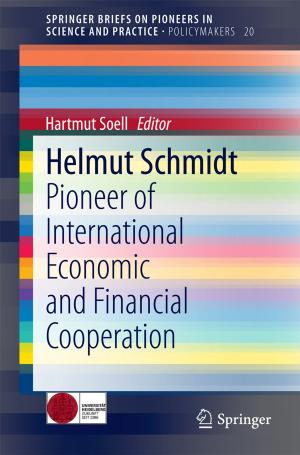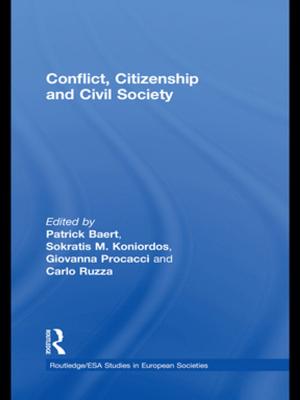A Proposed New Constitution
Nonfiction, History, Americas, Native American, United States, Revolutionary Period (1775-1800), Social & Cultural Studies, Political Science| Author: | Al Carroll | ISBN: | 9781536566093 |
| Publisher: | Al Carroll | Publication: | August 26, 2016 |
| Imprint: | Language: | English |
| Author: | Al Carroll |
| ISBN: | 9781536566093 |
| Publisher: | Al Carroll |
| Publication: | August 26, 2016 |
| Imprint: | |
| Language: | English |
How would you change the constitution if it were up to you? How should we as a nation change the constitution? Even asking the question gets angry and outraged responses. This is so even though parts of it are poorly thought out, anti-democratic, and have done tremendous damage to the nation.
For America’s constitution is a sacred cow. Some cows should not be worshiped. Some should be slaughtered. That is not true of all of the US Constitution, but America would be better off if some parts of it became hamburger. For nothing should be so revered that one cannot question it, change it, or discard it, and blind worship is always to be avoided.
There is, among those on both the political left and right, what can only be called widespread constitution worship. Most on both sides hold up the constitution the way a vampire hunter in the movies holds up a cross to ward off vampires.
America is great not because of the constitution, but in spite of it, and especially in spite of the founders. The constitution itself is clearly at the root of many of our worst problems in American society today. If it were up to the American public, the following solutions would have become law many decades, even half a century or more, before today:
- Abolishing the Electoral College.
- Ending the buying of elections.
- Limiting the time campaigning for office, as they do in Great Britain.
- Ending wars quickly in Vietnam, Iraq, and Afghanistan. Each war continued over half a decade after the American public wanted to get out.
- Reforming the office of vice president, widely regarded with contempt by most, and producing candidates that even most voters of the same party as the presidential candidate did not want.
- Ending corporate welfare and other wasteful spending.
- Ending most foreign military aid, and support for tyrants and dictators around the world.
- Limiting the power of the Supreme Court.
- Ending the political monopoly of wealthy elites.
- Guaranteeing privacy from government intrusion.
Each of these proposals have widespread bipartisan support and are hugely popular across the political spectrum by great majorities. But none of these proposals, not too surprisingly, have majority support among elected political elites, economic elites, or the leadership of either party.
The constitution itself is the biggest barrier to solving these problems. Not one of these problems have been, or ever could have been, quickly solved, precisely because the constitution makes it difficult. Most of these problems require a constitutional amendment, something made deliberately long and difficult by the founders. A few of these could be solved temporarily by ordinary laws, which could then be easily overturned next election.
So why not go to the root of these problems? Why not a new constitution? This is what A Proposed New Constitution argues.
How would you change the constitution if it were up to you? How should we as a nation change the constitution? Even asking the question gets angry and outraged responses. This is so even though parts of it are poorly thought out, anti-democratic, and have done tremendous damage to the nation.
For America’s constitution is a sacred cow. Some cows should not be worshiped. Some should be slaughtered. That is not true of all of the US Constitution, but America would be better off if some parts of it became hamburger. For nothing should be so revered that one cannot question it, change it, or discard it, and blind worship is always to be avoided.
There is, among those on both the political left and right, what can only be called widespread constitution worship. Most on both sides hold up the constitution the way a vampire hunter in the movies holds up a cross to ward off vampires.
America is great not because of the constitution, but in spite of it, and especially in spite of the founders. The constitution itself is clearly at the root of many of our worst problems in American society today. If it were up to the American public, the following solutions would have become law many decades, even half a century or more, before today:
- Abolishing the Electoral College.
- Ending the buying of elections.
- Limiting the time campaigning for office, as they do in Great Britain.
- Ending wars quickly in Vietnam, Iraq, and Afghanistan. Each war continued over half a decade after the American public wanted to get out.
- Reforming the office of vice president, widely regarded with contempt by most, and producing candidates that even most voters of the same party as the presidential candidate did not want.
- Ending corporate welfare and other wasteful spending.
- Ending most foreign military aid, and support for tyrants and dictators around the world.
- Limiting the power of the Supreme Court.
- Ending the political monopoly of wealthy elites.
- Guaranteeing privacy from government intrusion.
Each of these proposals have widespread bipartisan support and are hugely popular across the political spectrum by great majorities. But none of these proposals, not too surprisingly, have majority support among elected political elites, economic elites, or the leadership of either party.
The constitution itself is the biggest barrier to solving these problems. Not one of these problems have been, or ever could have been, quickly solved, precisely because the constitution makes it difficult. Most of these problems require a constitutional amendment, something made deliberately long and difficult by the founders. A few of these could be solved temporarily by ordinary laws, which could then be easily overturned next election.
So why not go to the root of these problems? Why not a new constitution? This is what A Proposed New Constitution argues.















